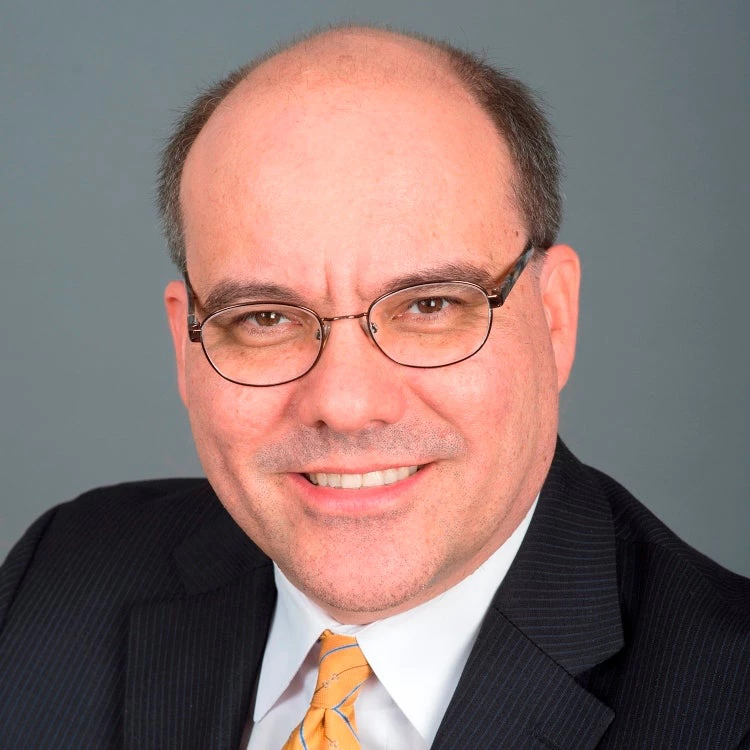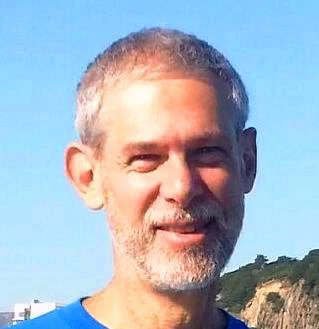Today,
a quarter of the world’s population lives in urban “agglomerations”—supersized metropolitan areas that cut across jurisdictional boundaries and bring together one or more cities along with their surrounding areas.
These metropolitan areas face a common challenge: effectively coordinating planning, infrastructure development, and service delivery across multiple jurisdictions. This is particularly difficult in developing countries, which often lack the necessary legal, institutional, and governance apparatus to undertake such coordination. The New Urban Agenda issued by the Habitat III conference in 2016 identified metropolitan planning and management as one of the most critical needs to ensure sustainable urbanization.
Fortunately, there is growing evidence and good practice from various countries on how to effectively manage and govern metropolitan areas. To help spread existing good practice and co-create new solutions, the World Bank has been supporting a community of practice (CoP) on metropolitan governance, or MetroLab, which brings together officials from metropolitan areas in both developing and developed countries for peer-peer knowledge and experience sharing. Since its launch in 2013, MetroLab has held eight meetings in various cities, including Bangkok, Mumbai, New York, Paris, Rio de Janeiro, and Seoul.
The most recent meeting took place in Tokyo from January 30 through February 2. Organized by the World Bank’s Tokyo Development Learning Center, the Tokyo MetroLab brought together mayors, city planners, and finance officials from nine developing cities. They were joined by experts from the World Bank, New York’s Regional Plan Association, the Seoul Metropolitan Government, and Advancity—Paris’ Smart Metropolis Hub.
In this video, Lydia Sackey-Addy, one of the participating officials from Accra, Ghana, as well as the World Bank’s Senior Director Ede Ijjasz-Vasquez (@Ede_WBG) and Lead Urban Economist Maria Angelica Sotomayor ( @masotomayor) tell us how they are working together to make the Accra metropolitan area more resilient and sustainable for its residents.
[[avp asset="/content/dam/videos/ecrgp/2018/jun-16/how_to_effectively_manage_metropolitan_areas__hd.flv"]]/content/dam/videos/ecrgp/2018/jun-16/how_to_effectively_manage_metropolitan_areas__hd.flv[[/avp]]
Related:
These metropolitan areas face a common challenge: effectively coordinating planning, infrastructure development, and service delivery across multiple jurisdictions. This is particularly difficult in developing countries, which often lack the necessary legal, institutional, and governance apparatus to undertake such coordination. The New Urban Agenda issued by the Habitat III conference in 2016 identified metropolitan planning and management as one of the most critical needs to ensure sustainable urbanization.
Fortunately, there is growing evidence and good practice from various countries on how to effectively manage and govern metropolitan areas. To help spread existing good practice and co-create new solutions, the World Bank has been supporting a community of practice (CoP) on metropolitan governance, or MetroLab, which brings together officials from metropolitan areas in both developing and developed countries for peer-peer knowledge and experience sharing. Since its launch in 2013, MetroLab has held eight meetings in various cities, including Bangkok, Mumbai, New York, Paris, Rio de Janeiro, and Seoul.
The most recent meeting took place in Tokyo from January 30 through February 2. Organized by the World Bank’s Tokyo Development Learning Center, the Tokyo MetroLab brought together mayors, city planners, and finance officials from nine developing cities. They were joined by experts from the World Bank, New York’s Regional Plan Association, the Seoul Metropolitan Government, and Advancity—Paris’ Smart Metropolis Hub.
In this video, Lydia Sackey-Addy, one of the participating officials from Accra, Ghana, as well as the World Bank’s Senior Director Ede Ijjasz-Vasquez (@Ede_WBG) and Lead Urban Economist Maria Angelica Sotomayor ( @masotomayor) tell us how they are working together to make the Accra metropolitan area more resilient and sustainable for its residents.
[[avp asset="/content/dam/videos/ecrgp/2018/jun-16/how_to_effectively_manage_metropolitan_areas__hd.flv"]]/content/dam/videos/ecrgp/2018/jun-16/how_to_effectively_manage_metropolitan_areas__hd.flv[[/avp]]
Related:





Join the Conversation